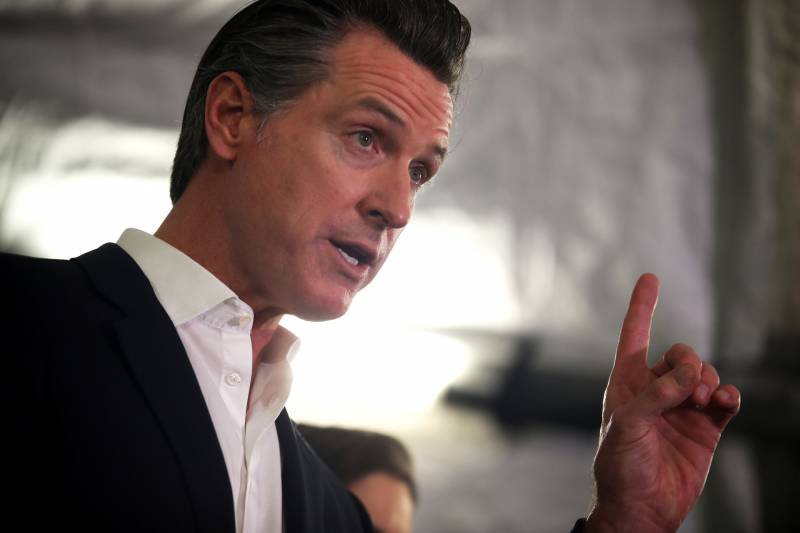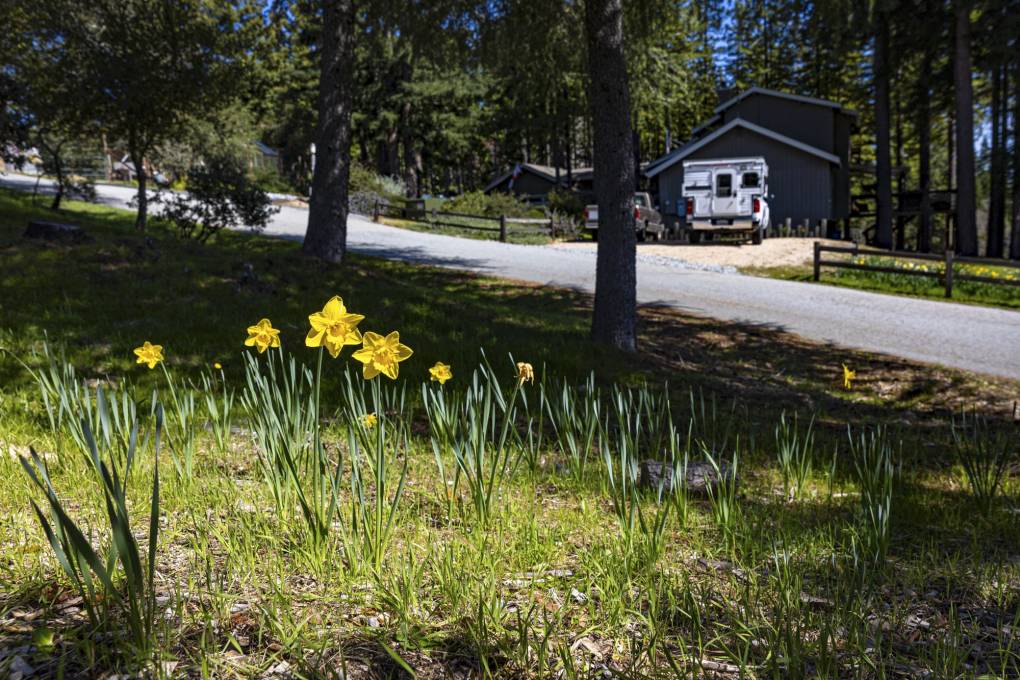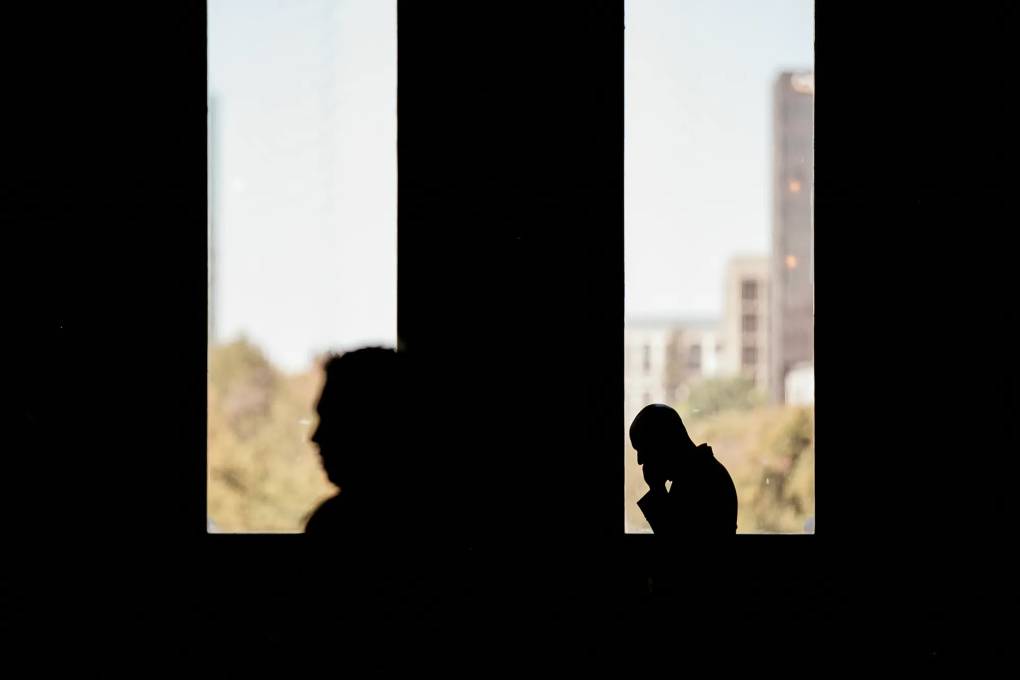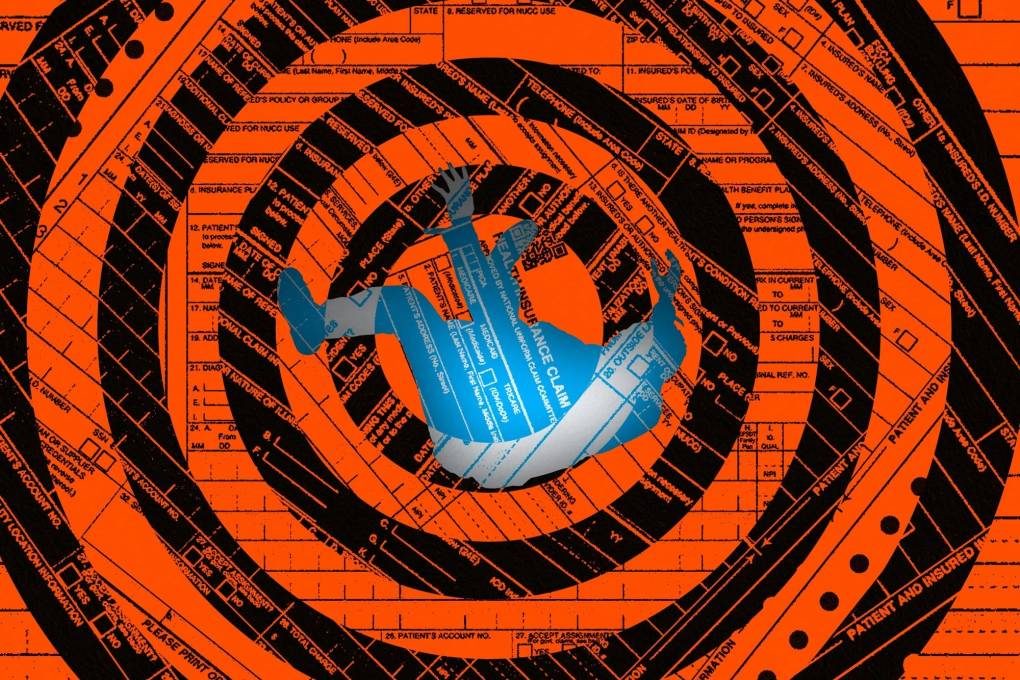What’s next: Legislators have said they’d like more time to massage out the details of complex legislation. Assembly Speaker Robert Rivas (D-Salinas) backed a special session in a statement released by his office on Friday, indicating that his chamber would not pass the bills by the end of session this weekend.
“If the Governor calls a special session, we’re going to do the work and deliver results,” he said. “What I’m not going to do is push through bills that haven’t been sufficiently vetted with public hearings. Doing so could lead to unintended consequences on Californians’ pocketbooks.”
However, Senate President Pro Tem Mike McGuire (D-Healdsburg) reportedly stated unequivocally this week that he “will not support convening a special session this fall.”
Warning signs: High costs of electricity to power homes and gasoline to fuel cars are on the minds of many Bay Area residents and are a perennial political issue in the Golden State.
At the beginning of the year, for example, PG&E ratepayers saw their monthly bills increase by an average of about $30 to help pay for infrastructure projects, including work on power lines that will reduce the risk of wildfires.
Then, in May, the California Public Utilities Commission voted in favor of a plan to lower the amount Californians pay per kilowatt hour while adding a fixed charge of $24.15, a move regulators argued would incentivize people to use more clean energy and help pay for modernizing the grid.
Zoom in: The bill to reduce the cost of electricity would see the state send $500 million back to customers via credits but also cut energy programs that advocates said are crucial.
The money would come from a fund that, among other things, finances HVAC upgrades in schools and solar on multifamily housing. Customers would pocket between $30 and $50.
“It’s a tiny drop in the bucket for most people, and we’re cutting programs that are really meaningful to the schools and the affordable housing developers,” said Merrian Borgeson, a policy director at the Natural Resources Defense Council. “It’s just not worth it.”
Mark Toney, executive director of The Utility Reform Network, agrees the one-time customer rebates are not a lot, but he said they are a meaningful first step. The package will “provide billions of dollars of long-term rate relief” by pressuring utilities like PG&E to make more cost-effective choices like insulating overhead wires rather than burying them to mitigate wildfire risk, he said.
Toney said the package will also protect low-income families who are behind on bills or have had their power shut off by offering them more time to pay back what they owe.






